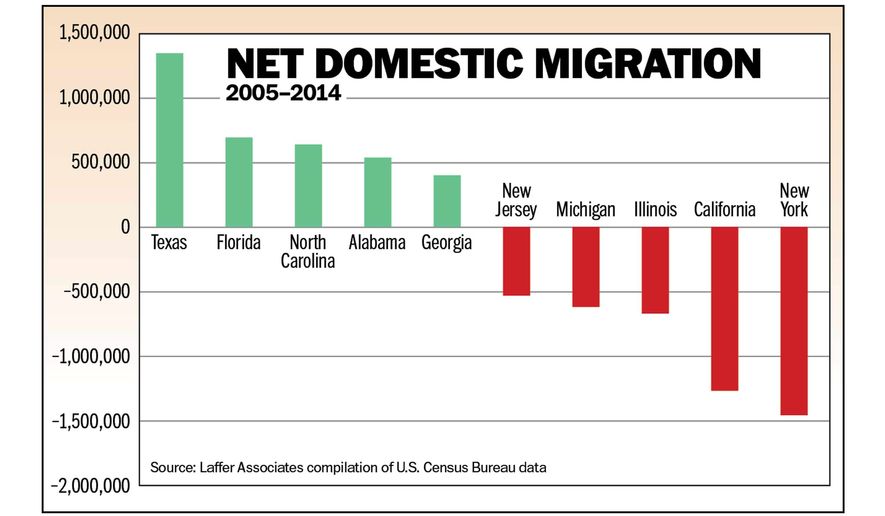Mulligan9111
Go Skers!!
While making up 17% of those returns filed. Which is ridiculous IMO that <20% pays almost 80% of the taxes. If I understand the graph correctly.
Common sense says that people making more money will obviously have the higher percentage of total taxes paid in, even with a flat tax rate.
Take two families, one making $1,000,000 a year and one making $100,000 a year. Say we put a flat tax rate of 25%. $1,000,000 X 25% = $250,000. $100,000 x 25% = $25,000. $250,000 + $25,000 = $275,000. $250,000/$275,000 = .9091 or 90.91%.
I work in a CPA firm and prepare taxes for clients from both sides. I see the real high earners and I see the ones who are just barely getting by. When you start looking at the effective tax rates (the actual percentage paid in to the IRS compared to the amount of money they made for the year), the higher earners often have the lower effective rates.
Take Warren Buffet for example. His effective tax rate was lower than the effective tax rate of his secretary. So yes the tax code is messed up and needs serious revamping, but I don't think the high earners are going to like the way it goes once the revamp happens.
Also for those who worry about having to pay in each year. You can file your taxes in January and if you owe money, you don't have to pay it until April 15th, or the filing deadline for that year (it can change if the 15th falls on the weekend or holiday).








